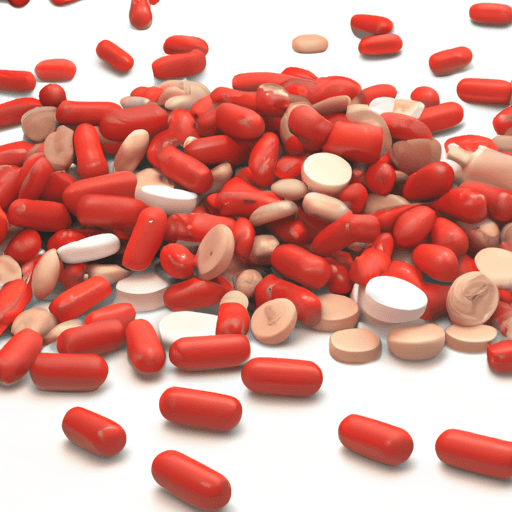Exploring the Impact of Performance Enhancing Drugs on Professional Sports
Performance enhancing drugs have become increasingly prevalent in professional sports, creating a range of ethical and legal implications for both players and spectators. The use of drugs has the potential to both positively and negatively affect athletes, teams, and the sport itself, making it essential for professional sports organizations to develop effective strategies to deter drug use and ensure the integrity of the game.
Prevalence of Performance Enhancing Drugs
The use of performance enhancing drugs in professional sports is not a new phenomenon. For decades, athletes have sought out drugs that can give them an edge over their opponents, from anabolic steroids to stimulants and more recently, gene-doping. While some athletes may turn to drugs out of desperation to stay competitive, others may be motivated by a desire to win at all costs. The prevalence of drug use in professional sports is difficult to measure, but it is clear that it exists.
Ethical Implications
The use of performance enhancing drugs has a range of ethical implications for both players and spectators. For players, the decision to use drugs can be seen as a violation of the spirit of fair play, as it gives them an unfair advantage over their opponents. For spectators, the use of drugs can undermine the integrity of the sport, as they may question the authenticity of the results. In addition, there is also the potential for long-term health risks for athletes who use performance enhancing drugs.
Implications for the Future of Professional Sports
The use of performance enhancing drugs has the potential to have both positive and negative effects on athletes, teams, and the sport itself. On the one hand, it can lead to improved performance and greater competitive balance among teams. On the other hand, it can lead to decreased fan interest and reduced trust in the sport. As such, it is essential for professional sports organizations to develop effective strategies to deter drug use and ensure the integrity of the sport.
Drug Testing Protocols
In order to combat the use of performance enhancing drugs, professional sports organizations have implemented a range of drug testing protocols. These protocols typically involve both in-competition and out-of-competition testing, as well as the use of advanced testing techniques such as carbon isotope ratio testing. While these protocols can be effective in detecting drug use, it is important to note that they are not foolproof and some athletes may still be able to evade detection.
Strategies to Deter Drug Use
In addition to drug testing protocols, professional sports organizations have also implemented a range of strategies to deter drug use. These include penalties for athletes who are caught using drugs, educational programs to raise awareness of the risks associated with drug use, and the implementation of stricter rules and regulations. While these strategies can be effective in deterring drug use, it is important to note that they are not foolproof and some athletes may still be tempted to use drugs.
Conclusion
The prevalence of performance enhancing drugs in professional sports has a range of implications for both athletes and spectators. It is essential for professional sports organizations to develop effective strategies to deter drug use and ensure the integrity of the sport. Drug testing protocols and other strategies can be effective in deterring drug use, but it is important to note that they are not foolproof. Ultimately, the use of performance enhancing drugs has the potential to have both positive and negative effects on athletes, teams, and the sport itself, making it essential for professional sports organizations to take a proactive stance in combating the use of drugs.

















Comments
Leave a Comment